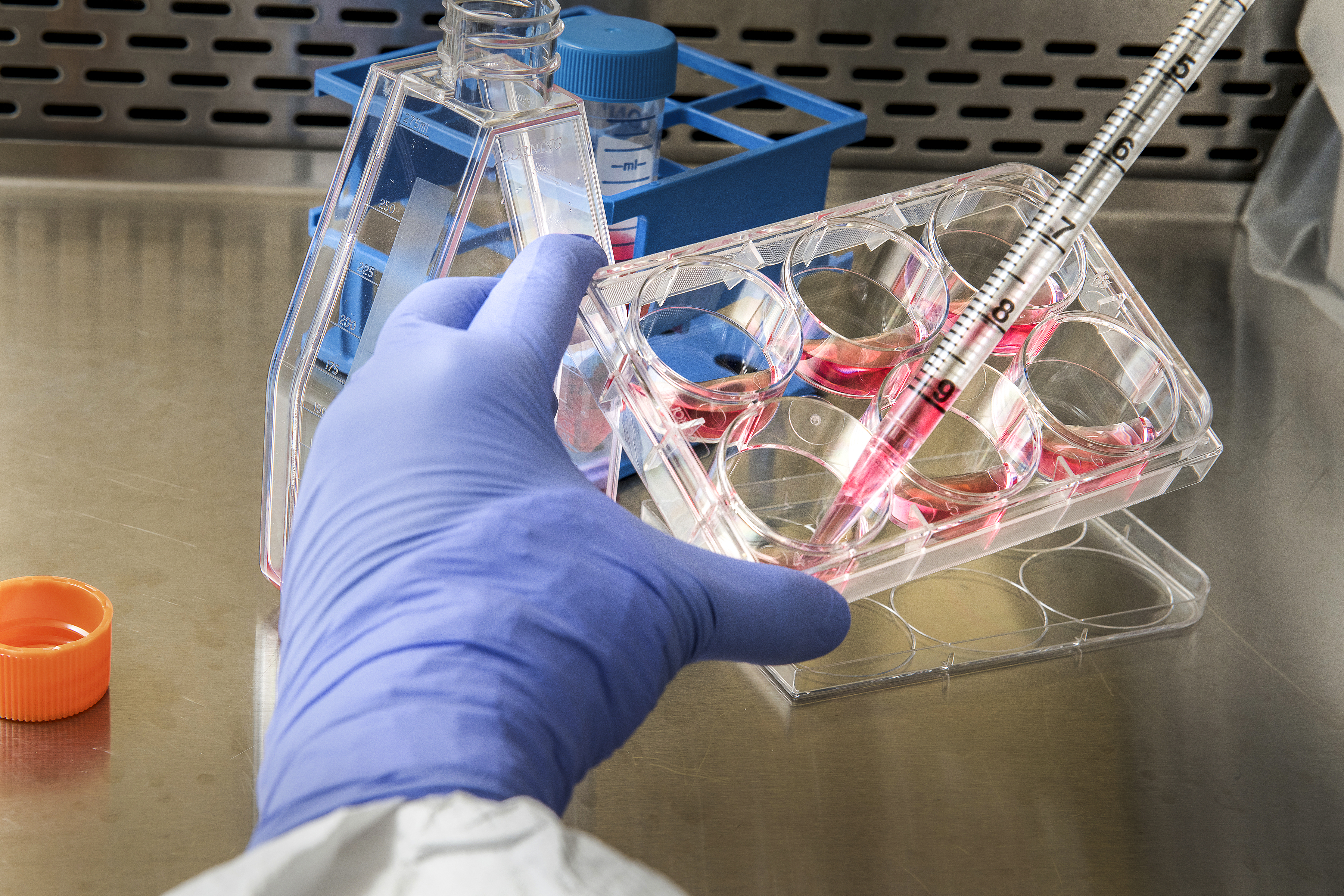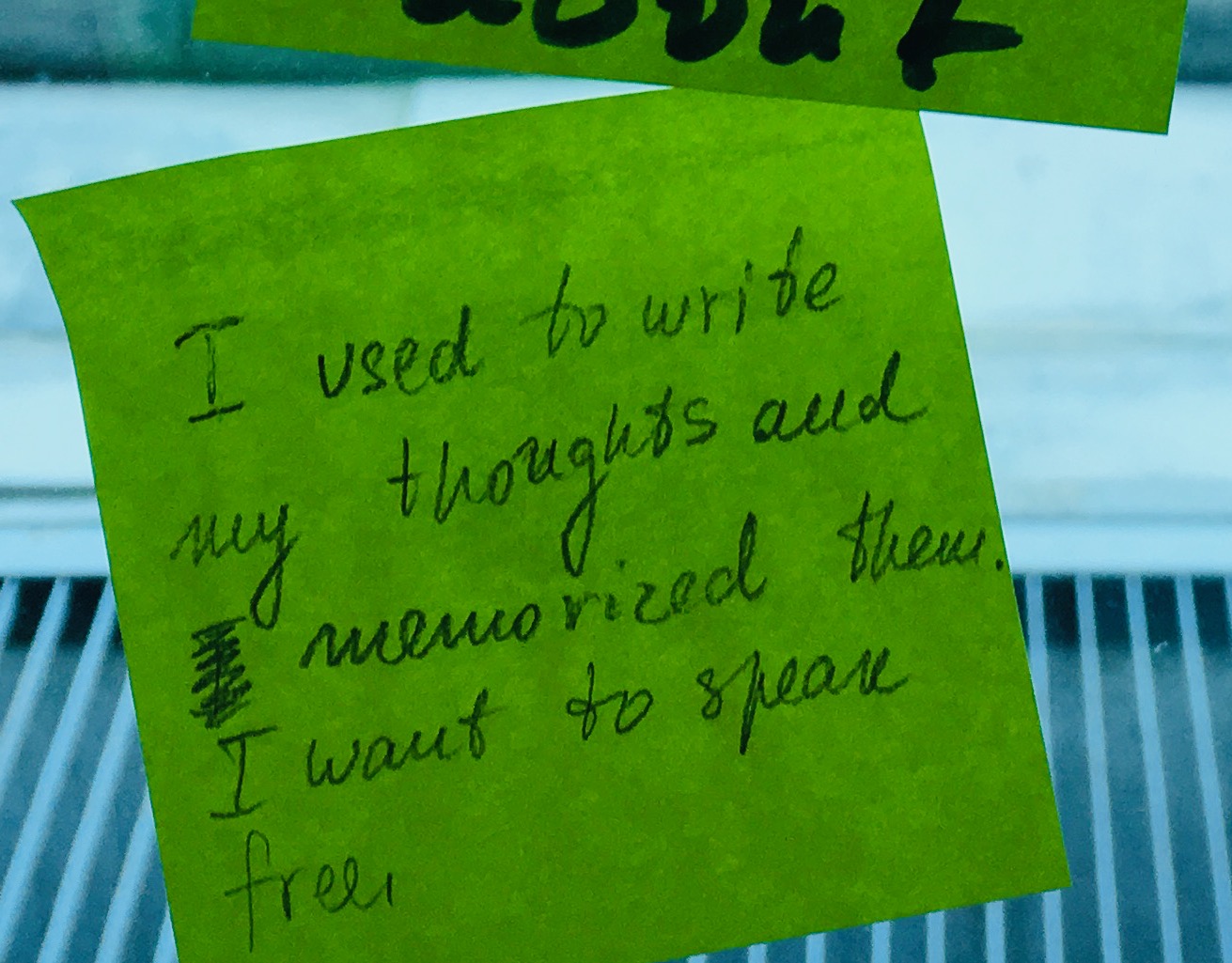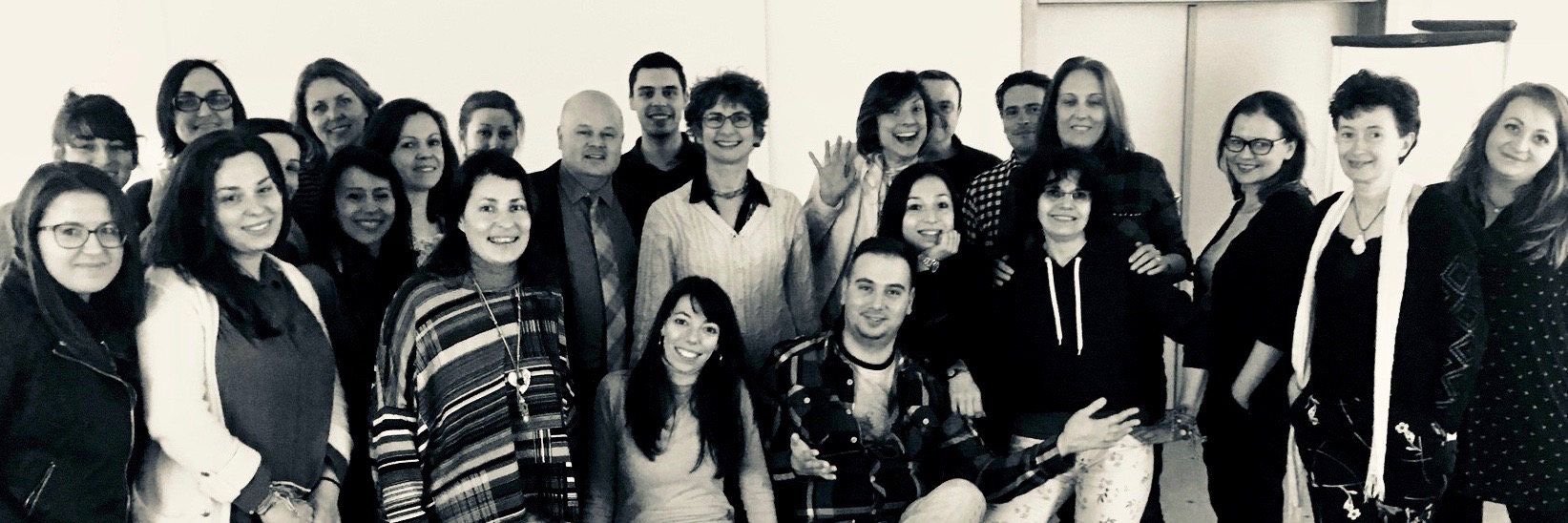Recently, scientist Dr. Benjamin tenOever, the Director of the Virus Engineering Center for Therapeutic and Research (VECToR) at Icahn School of Medicine at Mount Sinai in New York, joined the U.S. Embassy France in a Facebook Live event to discuss his lab's research and collaboration with the Institut Pasteur, which began during his time as a Fulbright Distinguished Chair in Paris in 2015-2016.
Check out his talk here:
 Two scientists who met through the J. William Fulbright international exchange program are part of a worldwide hunt to find existing drugs that can be used to treat the COVID-19 virus.
Two scientists who met through the J. William Fulbright international exchange program are part of a worldwide hunt to find existing drugs that can be used to treat the COVID-19 virus.
As a U.S.-France Fulbright-Tocqueville Distinguished Chair in spring 2015, Benjamin R. tenOever first worked with Marco Vignuzzi’s laboratory at the Institut Pasteur in Paris while also teaching a complete history of virology at the École normale supérieure, an institution of higher learning, also in Paris.
The Fulbright Program is the flagship international educational exchange program of the United States government to increase mutual understanding between the people of the United States and the people of other countries.
When tenOever returned to the U.S., he and Vignuzzi created the Pasteur-Mount Sinai Joint International Unit between their two institutions, the Icahn School of Medicine at Mount Sinai in New York and the Institut Pasteur.
Since then, the two labs have worked together on the Zika virus, the chikungunya virus and influenza, learning from the other’s research and working in tandem to find treatments.
Now, while other scientists work to develop a COVID-19 vaccine, their unit is collaborating with the University of California, San Francisco’s Quantitative Biosciences Institute Coronavirus Research Group, the Olivier Schwartz lab at Institut Pasteur and other national and international labs to find preexisting, Food and Drug Administration–approved drugs that will treat COVID-19 symptoms.
“We’re all working as a team to try to find a solution to this problem,” tenOever said. “It’s really amazing what a world community has formed because of this crisis.”
Both labs obtained samples of the virus from their respective governments. They studied how the virus infected cells and, in turn, how the cells responded to the infection. With this knowledge, they are testing FDA-approved drugs to find which suppress symptoms of COVID-19 and which have no effect.
“Each of our labs has expertise that is complementary to one another,” said Vignuzzi, noting that “sharing research accelerates discovery.”
There are thousands of drugs to test, which requires all hands on deck from labs around the world. Some tests take up to 12 hours to see results, so labs can run tests in certain parts of the world while others begin to run another test elsewhere.
“We are one team and we are doing it all together,” tenOever said.
Vignuzzi said the international nature of this research “reminds us that despite it all, we are one world. At times like this pandemic, people need to hear this.”
The Fulbright-Tocqueville Distinguished Chair Award that made possible his work with Vignuzzi “really enhanced our capacity to better understand virus dynamics in regards to how they interact with the host,” said tenOever. “It was so clear that we worked well together and it was a great merger of American and French science.”
This story was originally published on ShareAmerica.
 Elijah Addo (center) and members of Food for All Africa’s Community Emergency Preparedness and Response team (Courtesy Elijah Addo)
Elijah Addo (center) and members of Food for All Africa’s Community Emergency Preparedness and Response team (Courtesy Elijah Addo)









